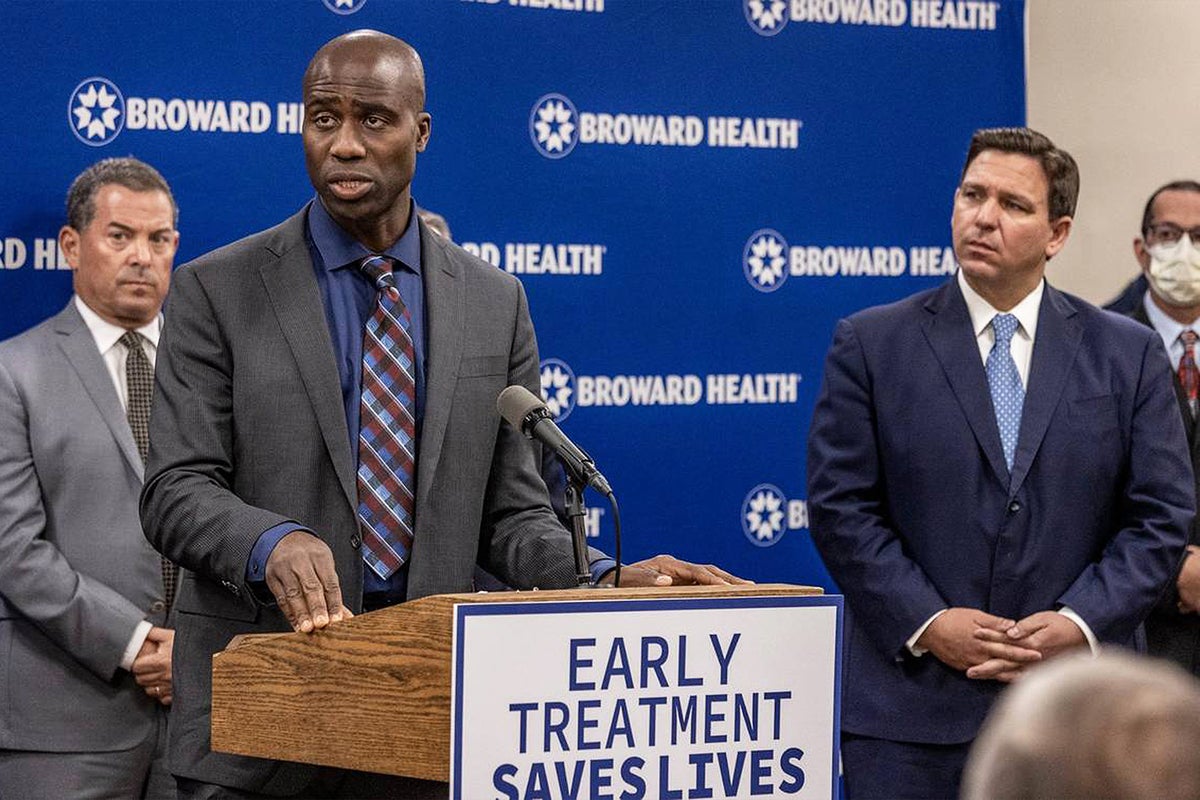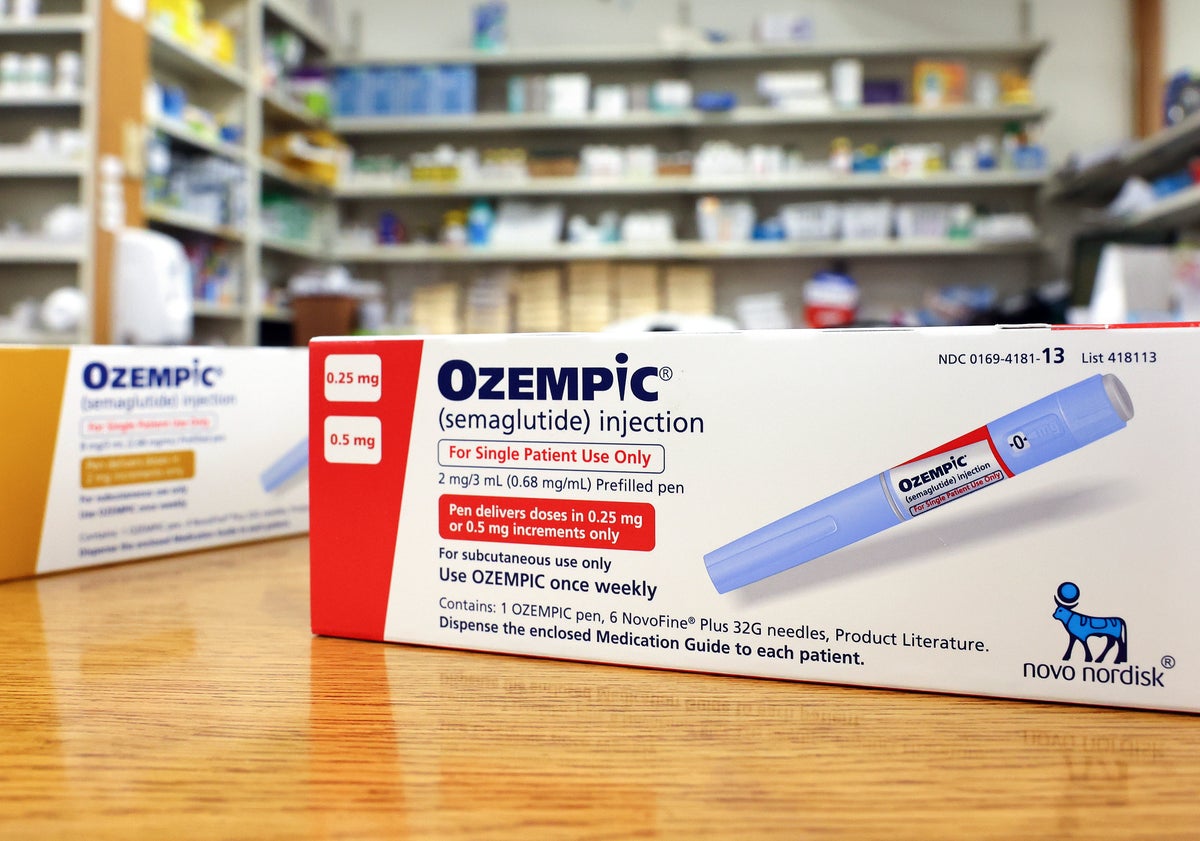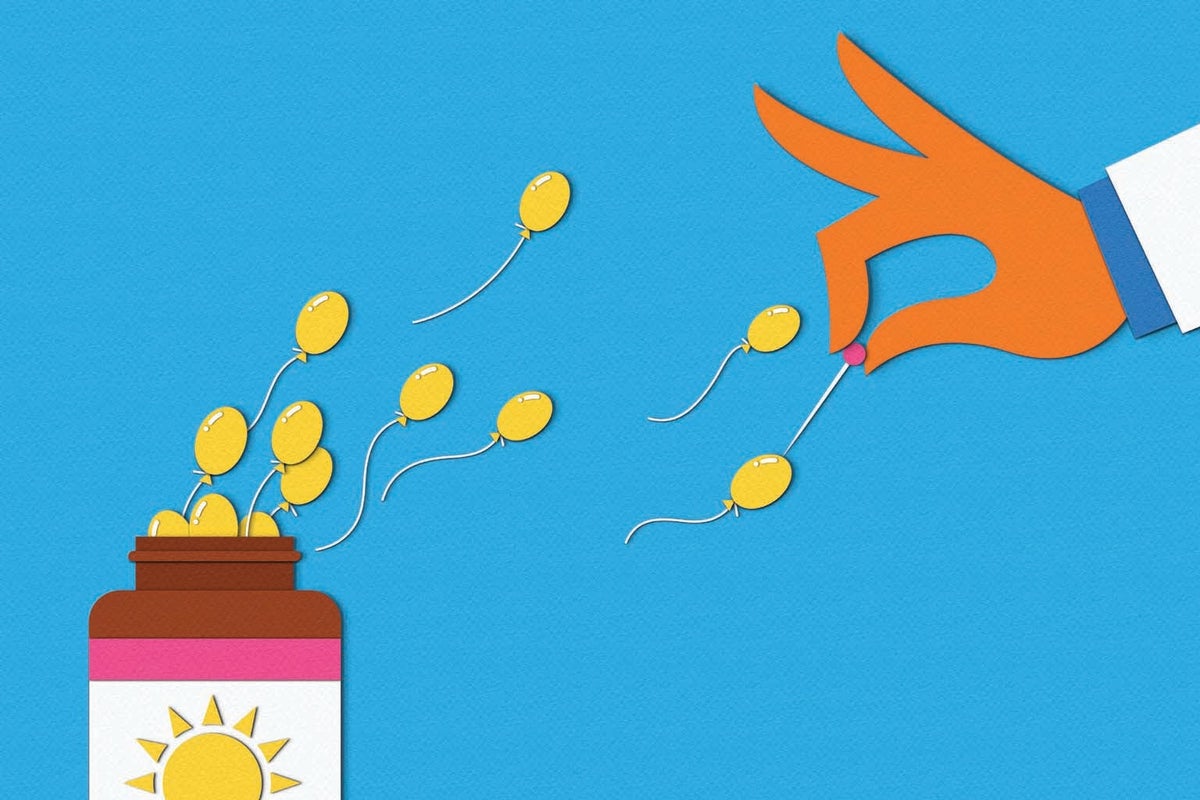| | | For many of us, a new year is often a time for reflecting on our health and happiness—and finding ways to improve them. Here at SciAm we take an evidence-based approach to everything, so we looked into science-backed ways to make and keep new year's resolutions. With the holidays behind us and several more months of winter ahead, there are still plenty of viruses going around. But there are many benefits to getting vaccinated, including a lower risk of long COVID. And contrary to what some surgeon generals think, COVID vaccines will not damage your DNA. As we head into a new year, we'll bring you more of the latest science on how to stay healthy, including the latest on weight loss drugs and the hype over vitamin D, and what "sludge content" is doing to your brain. We wish you a safe and healthy year! | Tanya Lewis
Senior Editor, Health & Medicine
Scientific American | | Health & Wellness Stories | | | | | | | | | | | | | | | | | | | |
You received this email because you opted-in to receive email from Scientific American.






Comments
Post a Comment